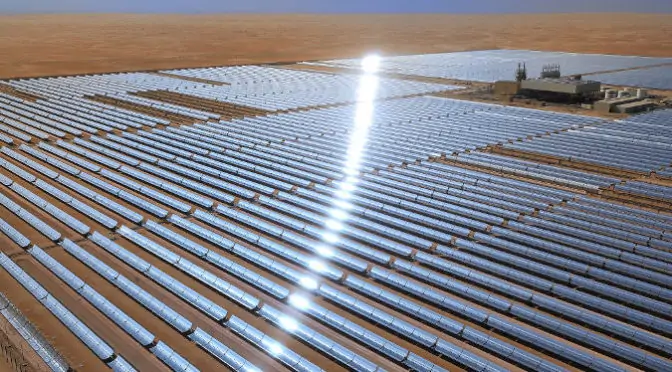This article is the second of our series on the Anthropocene and security. Previously, we presented the larger dimensions and general elements framing the new (in)security. Here, we shall focus on latest developments regarding Russian Arctic oil. Between April and July 2016, the current Russian energy conquest of the Arctic led to the shipment of more than 230.000 barrels of oil from the Russian Arctic. They came from two recent on-shore fields, and from the Gazprom Prirazlomonoye off-shore oil rig (Irina Slav, “Russia Ramps Up Arctic Oil Production”, OilPrice.Com, July 21, 2016). The latter is the first of the glacial Barents Sea. The 2016 flow from the Russian Arctic almost doubled compared with 2015. In the meantime, the Russian ministry of …
Continue reading “Russian Arctic oil: a New Economic & Strategic Paradigm?”











